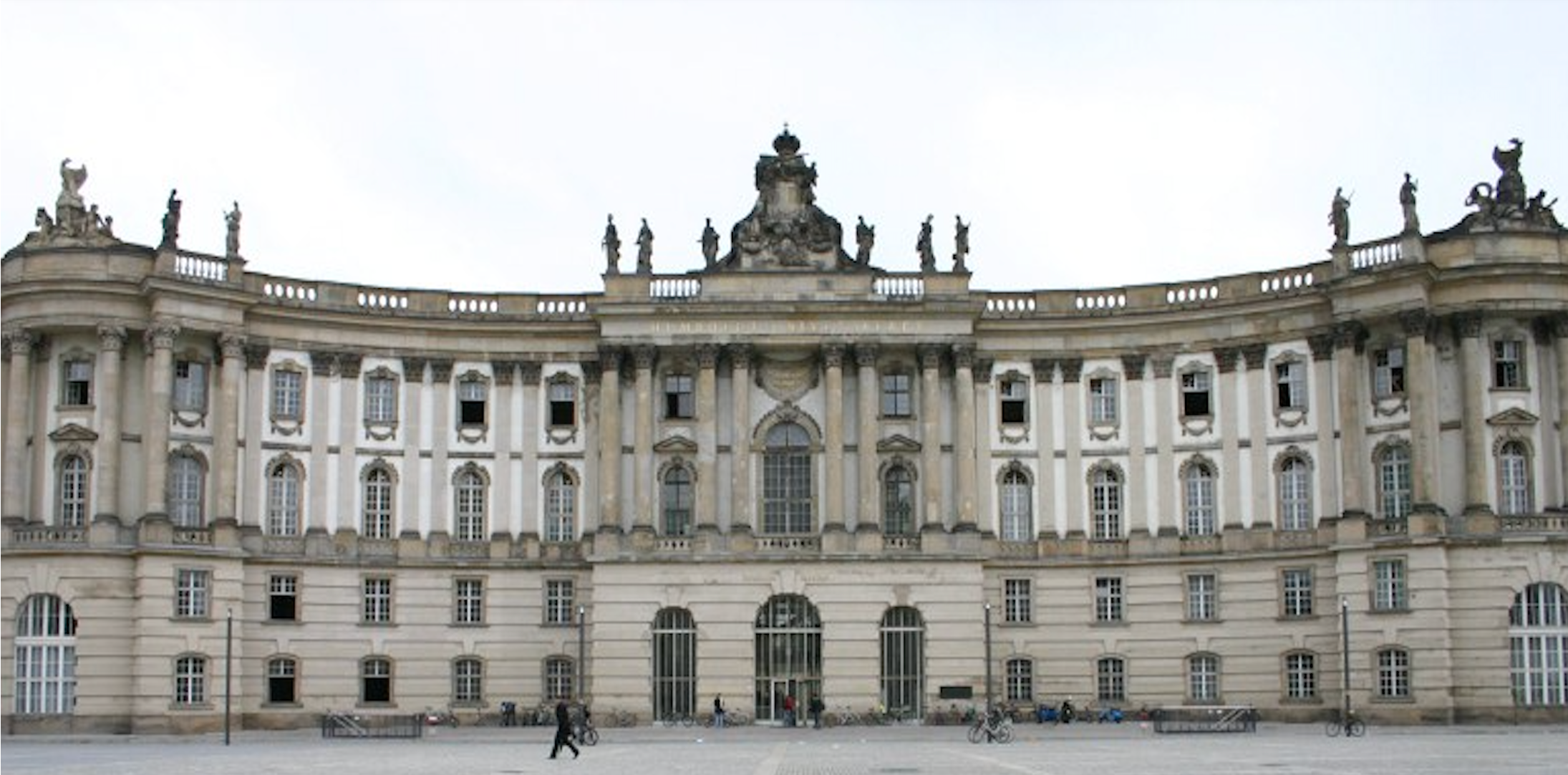Hjordis Birna Hjartardottir, Dr. Greg Lourie and Michael Neumeier on ICC Arbitration, November - December 2022
What is it like to be an ICC International Court of Arbitration counsel? In November and December 2022, our IDR LL.M. class of 2022/2023 had the privilege to attend three comprehensive lecture series about ICC arbitration where we were able to put ourselves in the shoes of an ICC practitioner. Hjordis Birna Hjartardottir, Dr. Greg Lourie, and Michael Neumeier from the ICC Secretariat in Paris taught us the intricacies of the day-to-day work of this leading institution for dispute resolution. Through practical exercises and the materials provided to us, we were able to see – straight from the source – how the ICC Court deals with the assessment of prima facie jurisdiction, as well as situations arising during the proceedings until an enforceable award is rendered, according to the ICC Rules.
In the first lecture, we were led through the broad map of the dispute resolution services provided by the ICC, taking into account its mission to promote international trade and investment. We learned about the different roles of the Court and Secretariat and had the opportunity to reflect on their tasks in detail. It was very insightful to see examples of how the ICC Court deals with pathological clauses and thus makes arbitration work. We were also informed about their roles in relation to consolidation, the appointment of arbitrators and fixation of the place of arbitration. All of these insights allowed us to put into practice principles and legal theories that we had learned in other lectures until that time during the program.
The second lecture focused on the conduct of the arbitration proceedings, keeping always in mind the expeditious and cost-effective manner in which the arbitrators must consider the complexity and the value of the dispute. In that respect, we approached two institutions adopted in favour of increasing the efficiency of the proceedings. On the one hand, we dealt with the expedited procedure as a fast-track procedure with its own rules for certain more straightforward cases in which the tribunal must render an award within a six-month time period. On the other hand, we dealt with emergency arbitrations which should be considered for interim or conservatory measures that cannot await the constitution of the arbitral tribunal.
The third and final lecture addressed perhaps the most remarkable attribute of ICC arbitration: the scrutiny of the awards. Given that the award is the outcome at the end of the arbitration road and, therefore, could trigger in the losing party the willingness to initiate actions to set aside the award or resist its enforcement, it speaks for the quality of an arbitral institution to apply a unique double-checking system for identifying formal defects before a final decision is rendered. This further confirmed the solid foundations of the ICC as an institution that is dedicated to making arbitration a powerful tool that the business world demands in order to solve its disputes.
Laura Castillo Mego, IDR LL.M. Candidate
